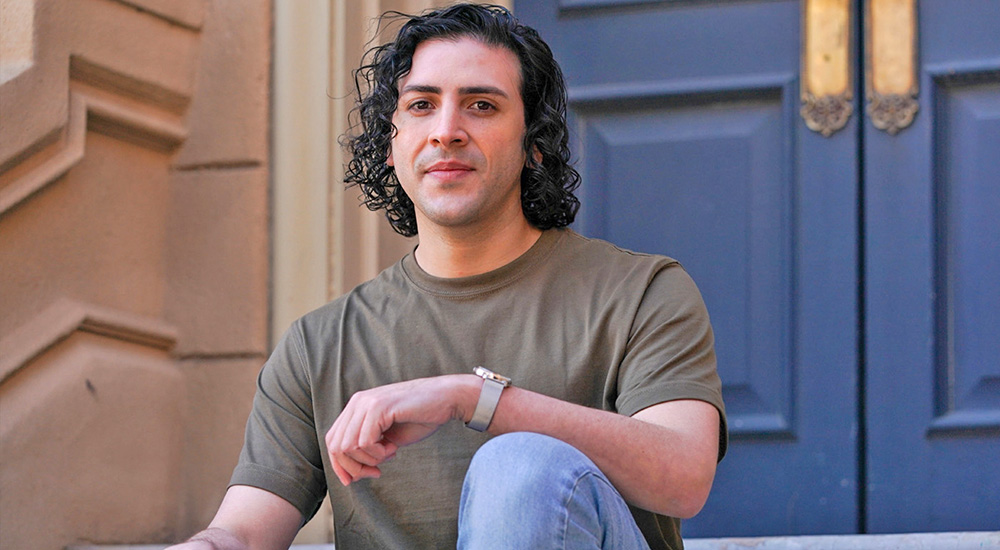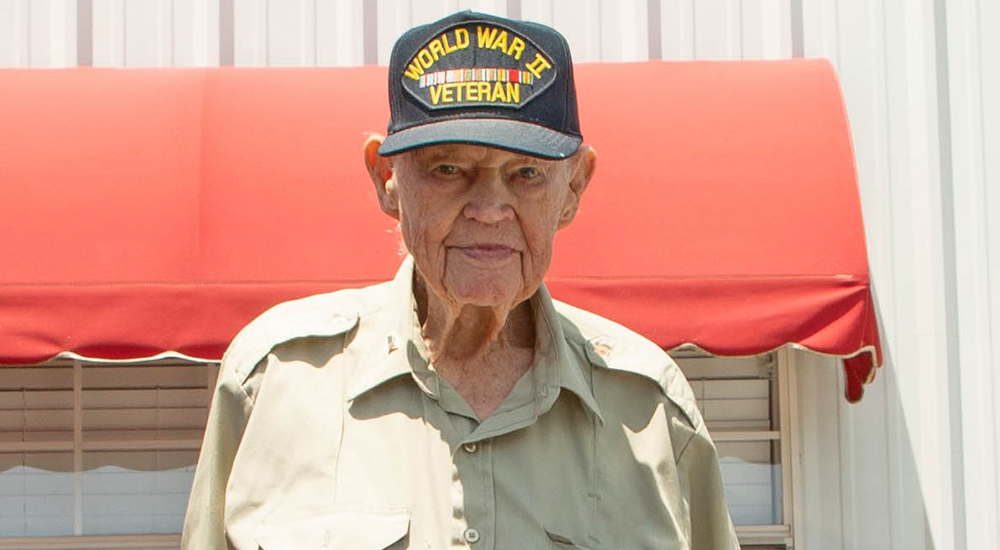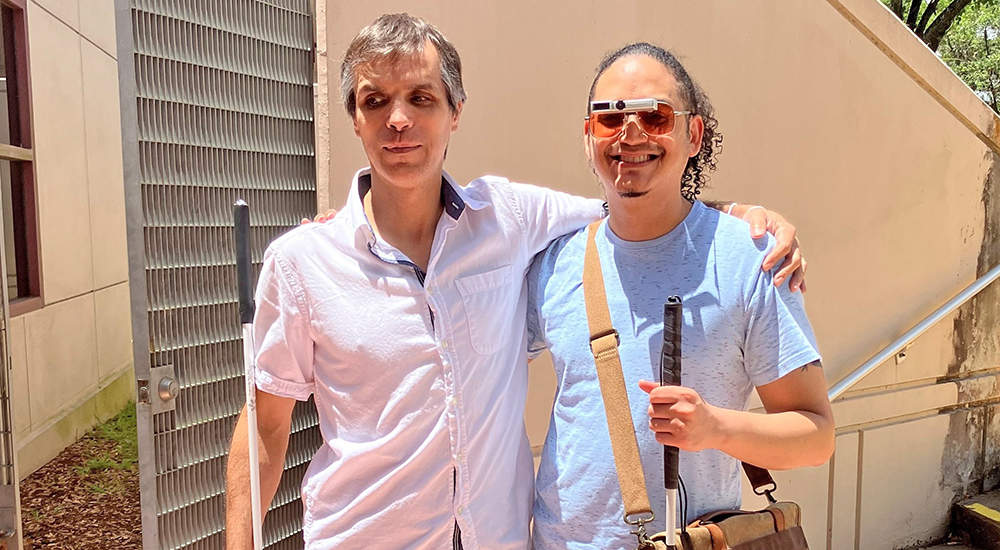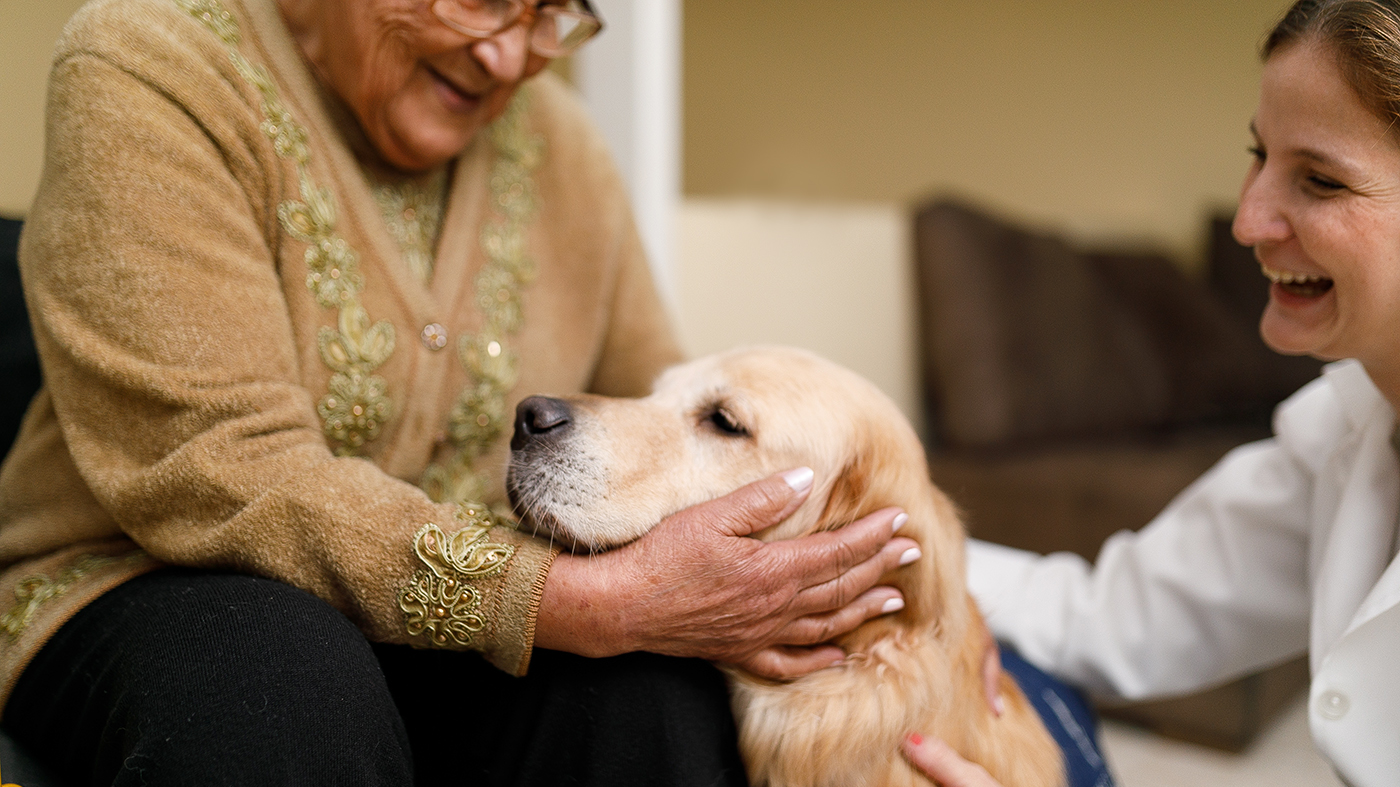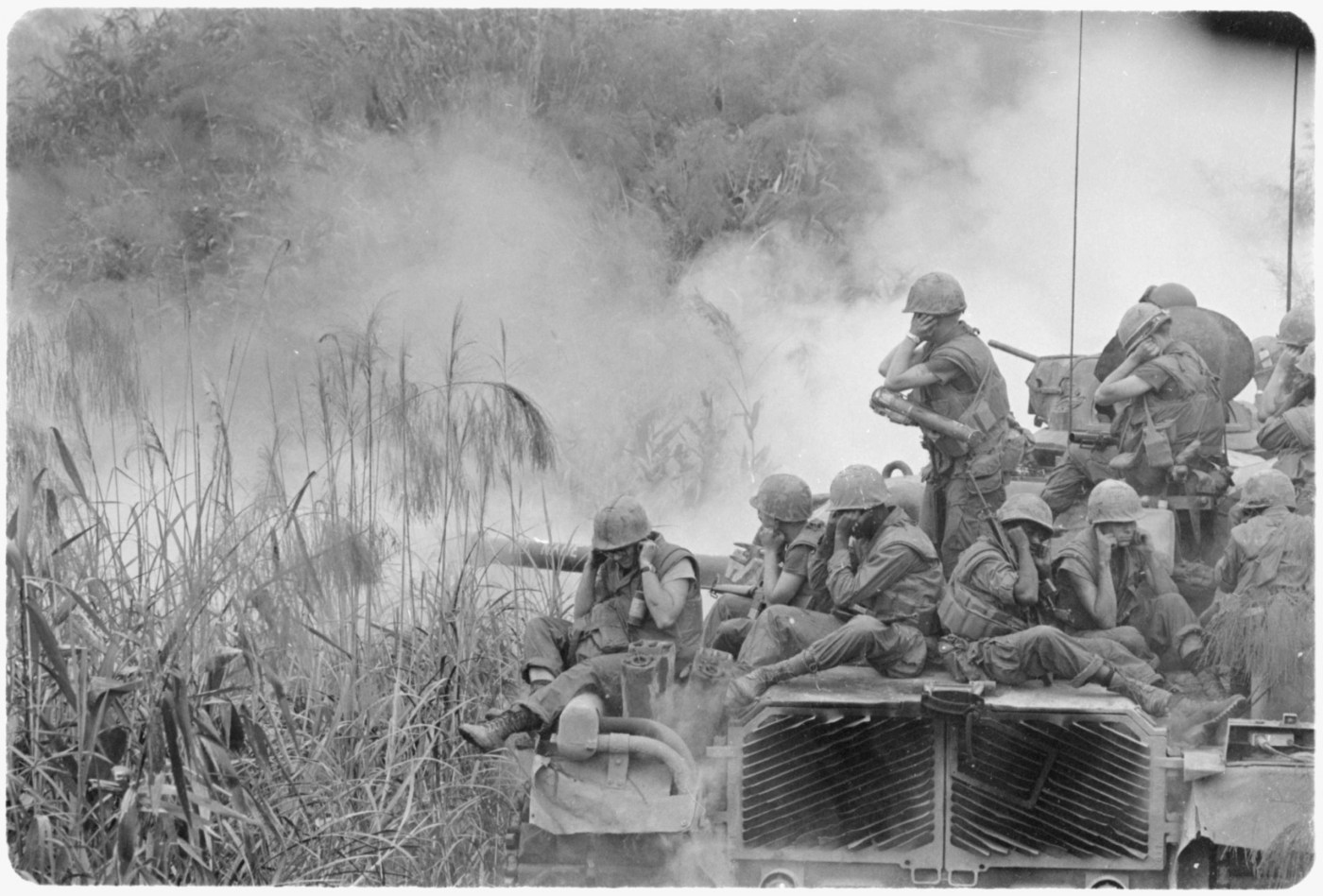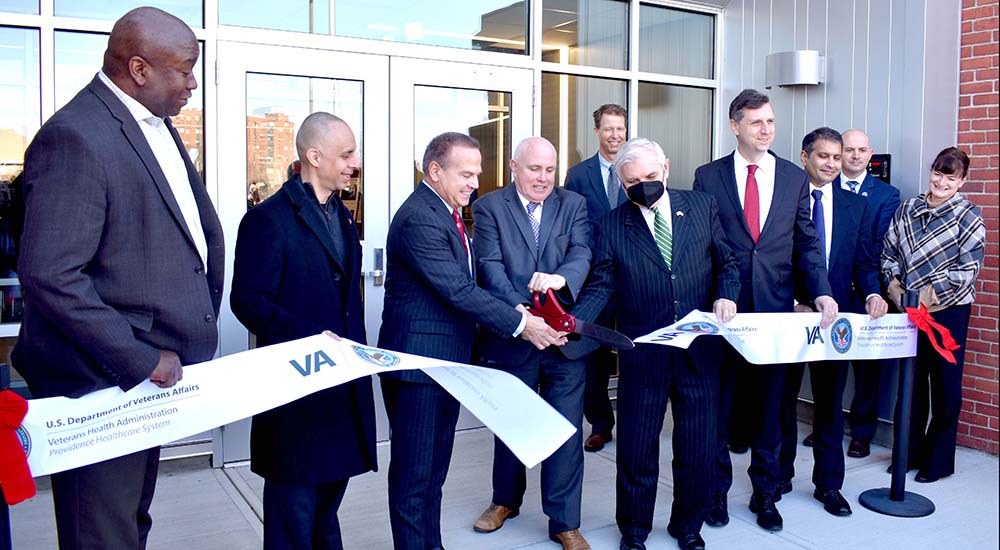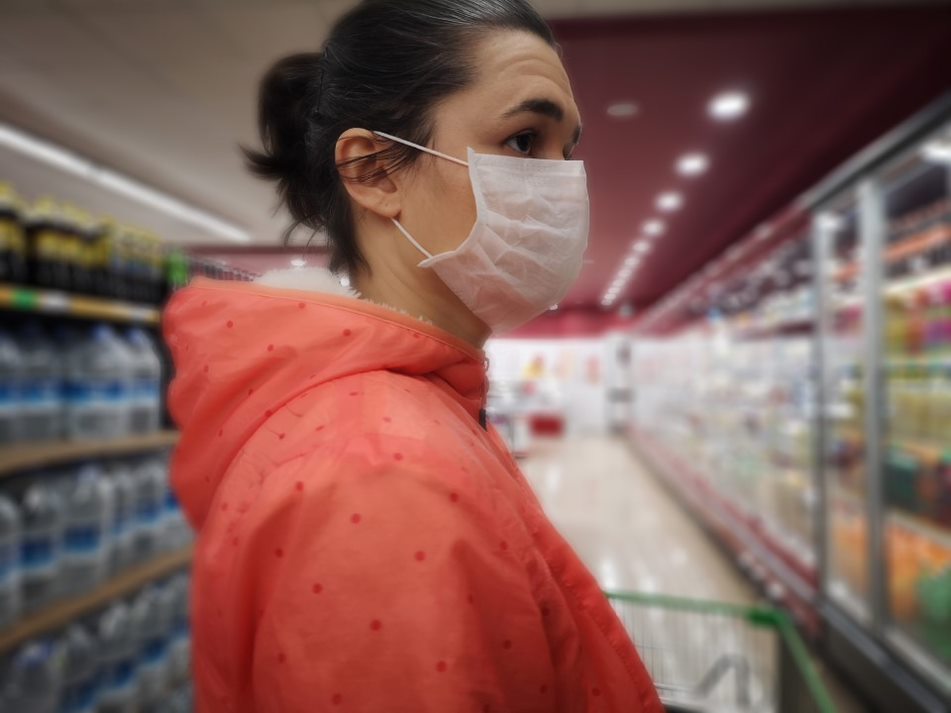Thus far, 18 people have completed Shields & Stripes, which tries to rehabilitate those battling mental health conditions such as PTSD, major depression and anxiety disorder. Shields & Stripes can also work with people who have experienced mild traumatic brain injury, which is essentially a concussion and a frequent injury from the post-9/11 conflicts, and moral injury, which is a conflict with one’s personal code of morality.
Evidence-based therapies help Veterans recover from depression. Talk with your VA provider to identify the treatment plan that’s best for you.
Air Force Veteran Philip Read was grateful for the birthday party but needed to go home to finish mowing his lawn before it got hot.
“I was impressed with how detail oriented they were with my assessments. Some staff members were blind, which gave me motivation and hope.”
Loneliness can be a risk factor for dementia, stroke and heart disease. It also can increase risk of depression, anxiety and substance abuse.
Animal visits as therapy can be complementary treatment for mental health and behavioral health disorders like depression and substance use.
The researchers estimated the cost of PTSD at $232.2 billion for 2018, the latest year for which data were available at the time of the study. They called for increased awareness of PTSD, more effective therapies, and the expansion of evidence-based strategies to “reduce the large clinical and economic burden” of that mental health condition.
VE-HEROeS is the first nationwide survey of both the physical and mental health of Vietnam War Veterans in more than 30 years. It sought survey data from more than 45,000 Vietnam-era Veterans, as well as 11,000 matched controls.
Researchers working on interventions to reduce Veteran suicide, substance abuse, depression in elderly Veterans and other health care issues.
The article discussed the results of an earlier study by Kamdar and colleagues that used photo-elicitation to better understand food insecurity in a group of post 9/11 Veterans with children. The researchers found that food insecurity in Veterans is highly intertwined with physical and mental health, military culture, and lack of basic resources like housing or transportation.
Meeting the diverse needs of Veterans with resources to effectively reduce suicide risk but also promote wellness and protect against future risk.
A combination of telehealth coaching and web-based skills training can significantly improve clinical outcomes and social functioning for Veterans who have experienced military sexual trauma (MST), says a VA study published in October 2021 in the Journal of Rural Health.


